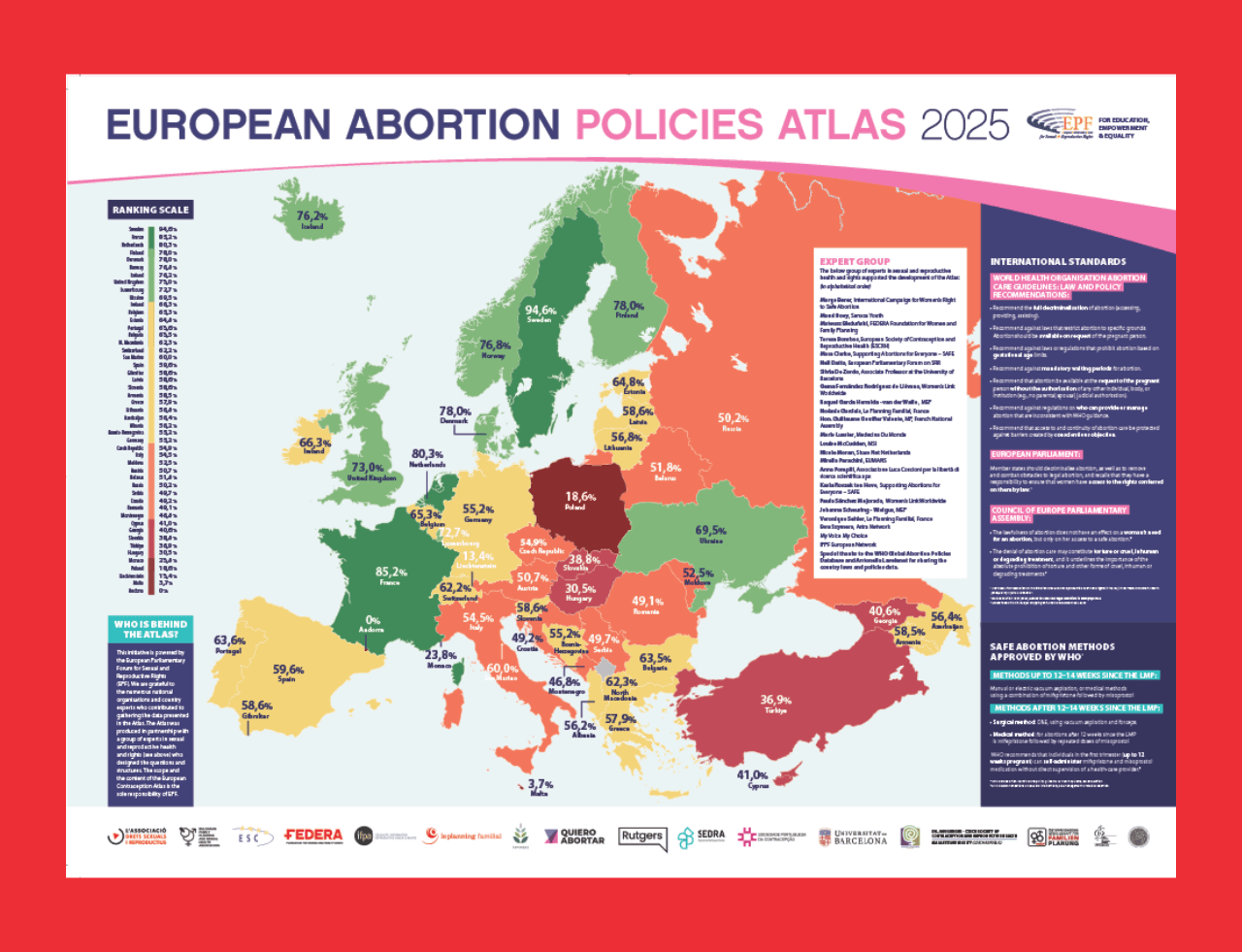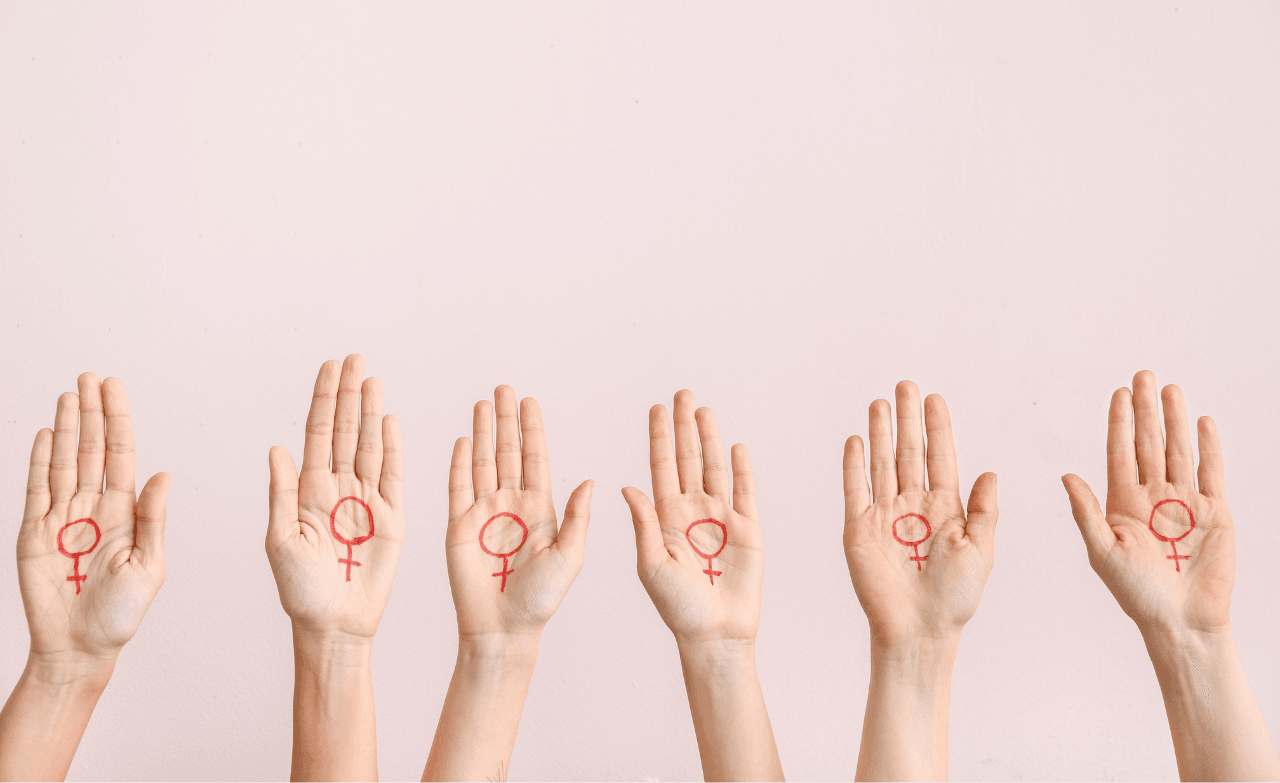The ongoing battle around fundamental reproductive rights in Poland becomes even more fierce. Government’s attempts to criminalize abortions and make one of the toughest anti-abortion laws even stricter are expressed in its statement delivered to the Human Rights Committee.
Polish non-governmental organizations are deeply concerned about the official remarks to the General Comment No 36 on article 6 of the International Covenant on Civil and Political Rights concerning the right to life. The General Comments refers to various aspects related to the right to life – from abortion and euthanasia to suicide to capital punishment and genocide. It clarifies how States that have ratified the Covenant are supposed to protect this right. Only two paragraphs – out of 22 pages – pertain to abortion by imposing the duty to provide access to abortion in case of rape, incest and fetal impairment. The document also underlines that “any legal restriction on the ability of women to seek abortion must not, inter alia, jeopardize their life or subject them to physical or mental pain or suffering which violates article 7”.
Poland’s amendments rely on the assumption that human life begins at conception so as to restrict the right to abortion and deem euthanasia illegal.
Poland postulates deletion of the following three provisions:
- In situations in which carrying pregnancy to term would bring women substantial pain or suffering, most notably when the pregnancy is the result of rape or incest or when the fetus suffers from fatal impairment;
- applying criminal sanctions against women undergoing abortion or against physicians assisting them in doing so, when taking such measures is expected to significantly increase resort to unsafe abortions;
- Abolition of death penalty is therefore legally irrevocable.
Poland’s position clearly outlines that “the only non-discriminatory exception limiting protection of human life is, according to the statement, “related NOT to a particular stage of the human life but to the imposition of the death penalty in situations emerging from a voluntarily committed, serious crime”.
One of the proposed changes refers to sexuality education as follows “States Parties should have respect for the liberty of parents and, when applicable, legal guardians to ensure the religious and moral education of their children in conformity with their own convictions”.
All those remarks suggest that the Polish government intends to reintroduce death penalty and to restrict abortion in case of both fetal impairment and criminal act as well as to make women accountable for abortion. Many Polish NGOs and citizens are highly alerted and hope that the international bodies will block any attempts to the idea of human-rights-based covenants.
To read the Polish position, visit the Office of the High Commissioner for Human Rights website at http://www.ohchr.org/EN/HRBodies/CCPR/Pages/GC36-Article6Righttolife.aspx.
ASTRA Network and the Federation for Women and Family Planning have also participated in the consultations by signing the statement coordinated by the Center for Reproductive Rights. The signatories request that the Committee consider including the following considerations in its second reading of the general comment on the right to life:
- Emphasizing the importance of non-discrimination, as well as equality before the law and equal protection of the law, especially in relation to gender- and sex-based discrimination, as well as intersectional discrimination, in outlining States parties’ obligations to realize the right to life (paragraph 9);
- Reaffirming States parties’ obligations to guarantee access to safe and legal abortion in order to protect women’s and girls’ right to life, encompassing a call for immediate decriminalization and removal of barriers to abortion (paragraph 9); and
- Realizing women’s enjoyment of the right to life by ensuring access to the full range of sexual and reproductive health services, provided in a non-discriminatory manner that respects informed consent and confidentiality (paragraph 30).




